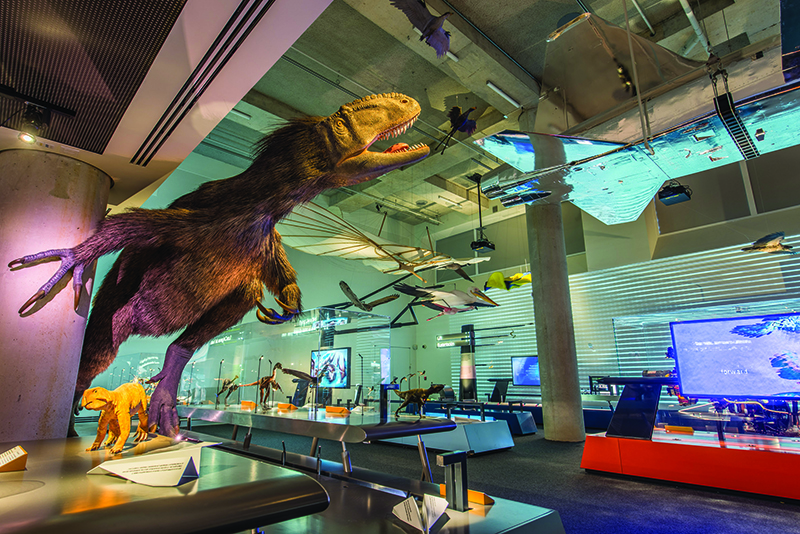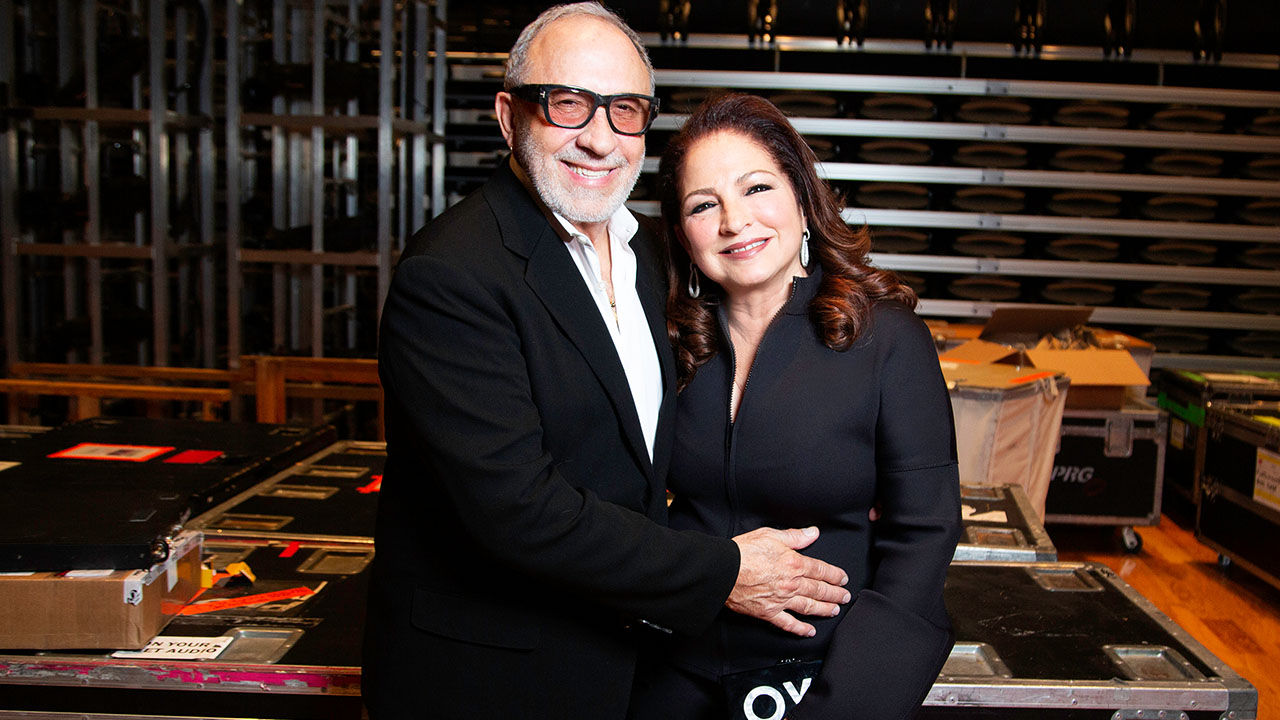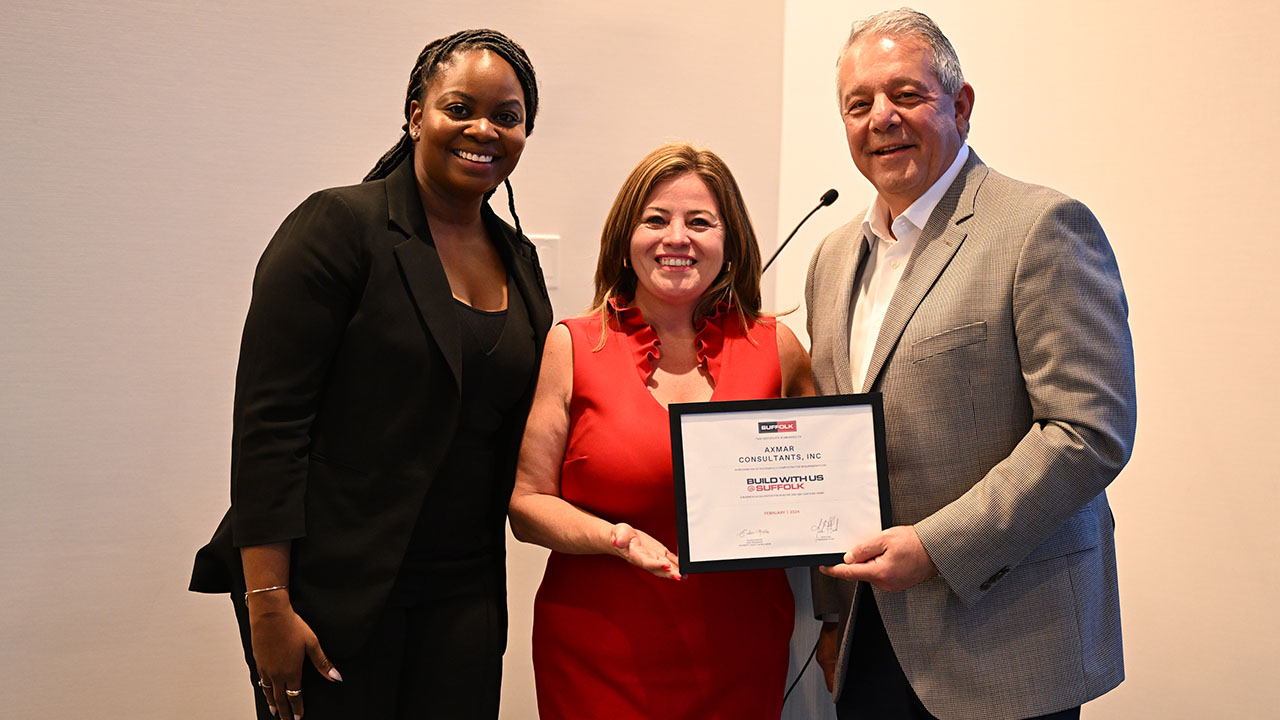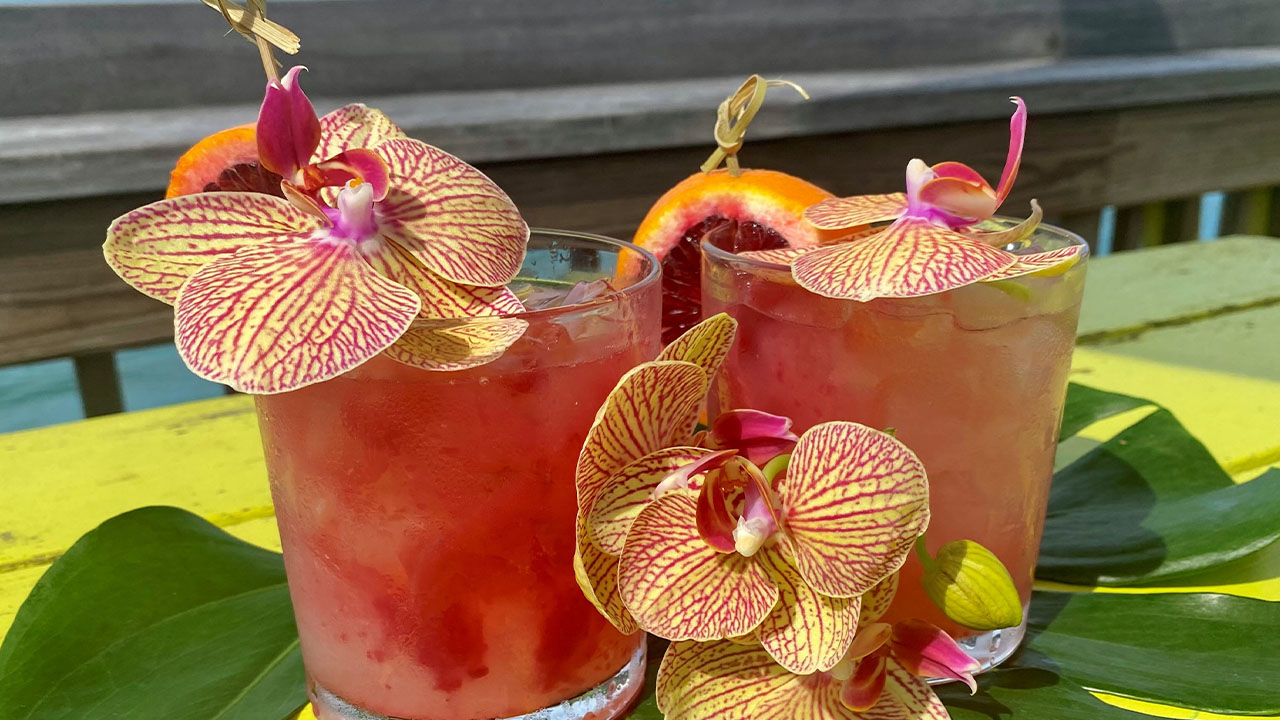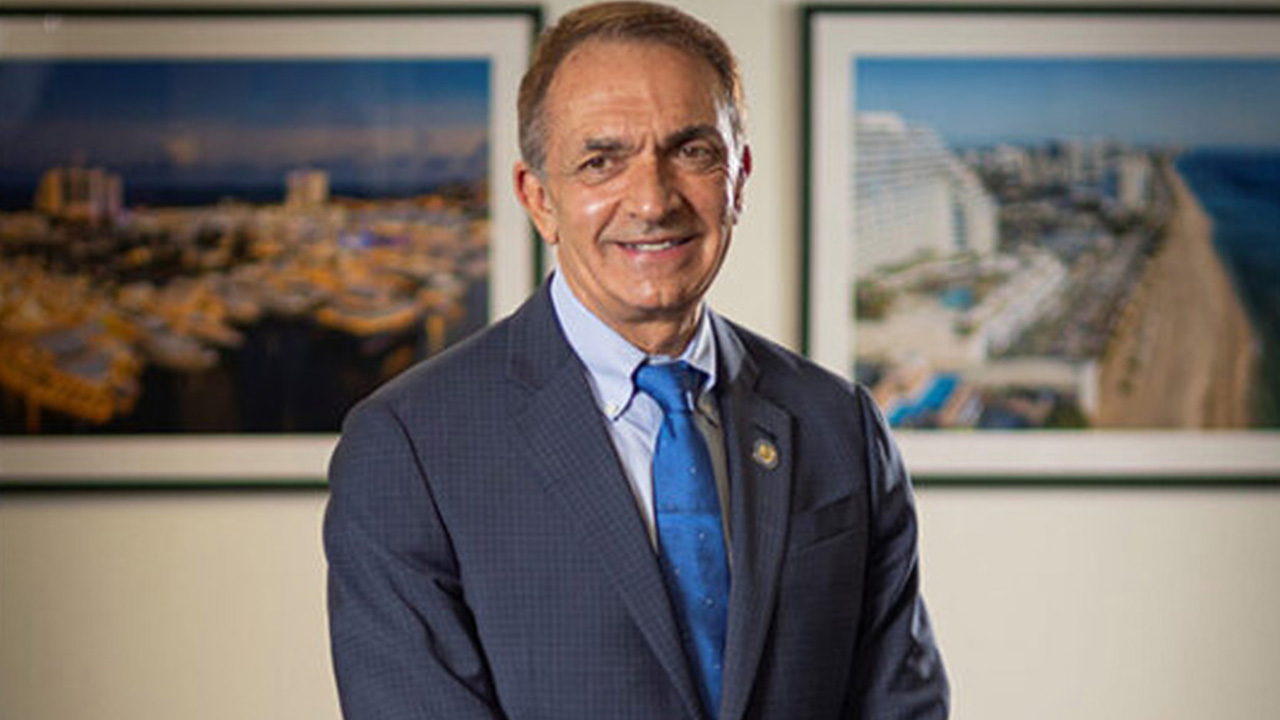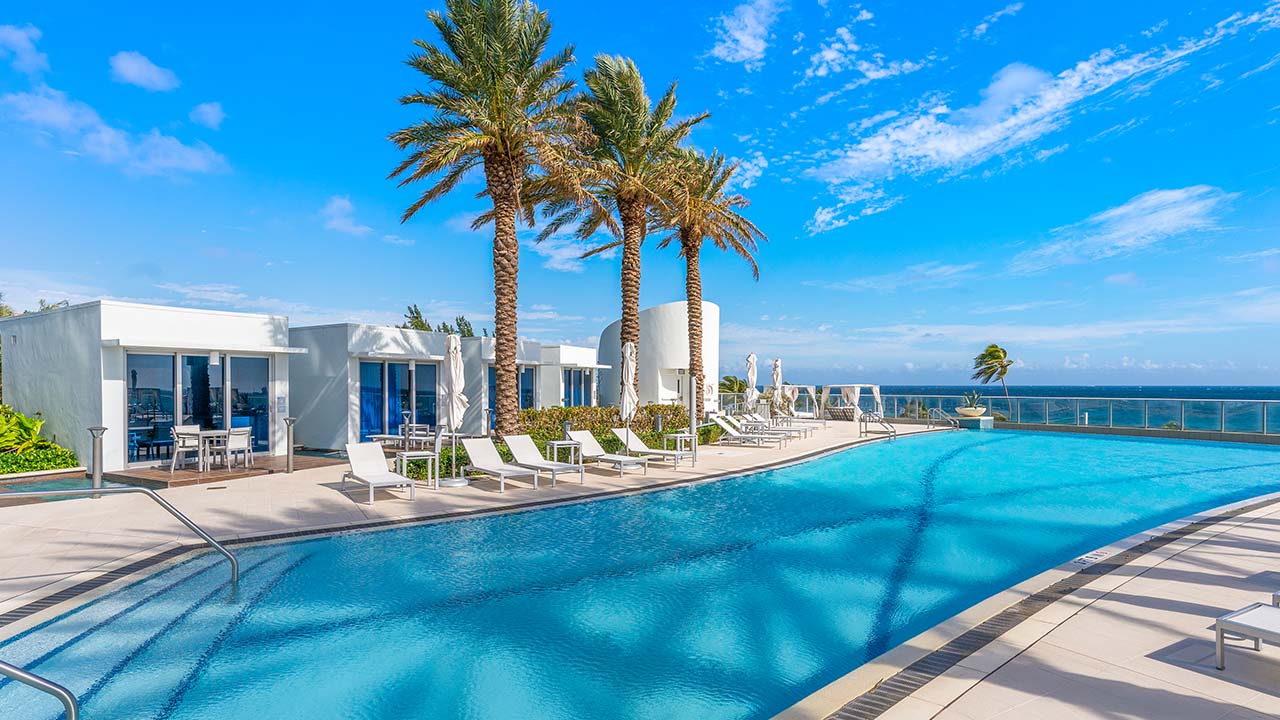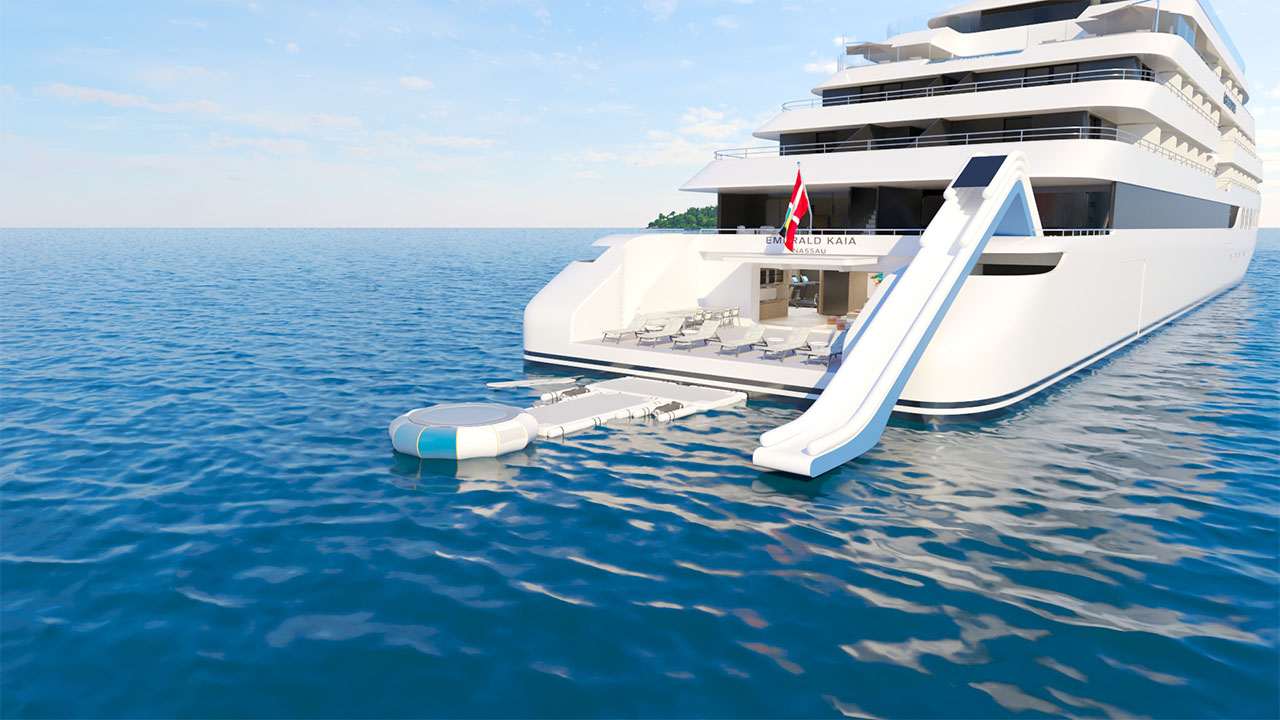By Kevin Gale
When it comes to serial entrepreneur success among South Florida’s billionaires, Dr. Phillip Frost continues to lead the list.
Frost and a partner bought struggling Key Pharmaceuticals in 1972 and sold it to Schering-Plough for $835 million in 1986. He sold Ivax Corp. to Teva Pharmaceuticals in 2006 for $7.4 billion.
He is currently chairman and CEO of Opko Health, which saw revenue jump from $491.7 million in 2015 to $1.22 billion in 2016. He’s also chairman of Ladenburg Thalmann Financial Services, which handles $144.3 billion in client assets.
Forbes ranks him 522nd among the world’s billionaires with a net worth of $3.2 billion. He and his wife, Patricia, a former high school principal and member of the State University System’s Board of Governors, have signed the Giving Pledge, started by Warren Buffett and Bill and Melinda Gates, to give away more than half their wealth. They have given $100 million to science, technology, engineering and mathematics programs at the University of Miami, $33 million for the music program at Florida International University and $45 million for the Phillip and Patricia Frost Museum of Science in downtown Miami.
Before he became an entrepreneur, Frost graduated from the Albert Einstein College of Medicine in New York and later became a professor of dermatology at the University of Miami and chairman of the dermatology department of Mount Sinai Medical Center in Miami Beach.
In a recent interview with SFBW, Frost discussed his career and what’s ahead.

One of your profiles says you were tinkering with a disposable device to make biopsies easier in the 1960s, and it turned into a business opportunity. What inspired you to be an entrepreneur and what was that experience like?
First of all, my family was in business. My father had a shoe store that I grew up in. My older brother had a hardware and building supply store that I worked in during the weekends and summer. I became familiar with buying and selling, interacting with people and the concept of profit. On the other hand, I was interested in many things. I majored in French literature in college [at the University of Pennsylvania] and then later decided to go into business.
I was at home with a cold when I was thinking about providing something that would be useful to make a little money. I was thinking about instruments that doctors use. I was an assistant professor of dermatology. It occurred to me that the punch was a traditional instrument unique for dermatology. It was an instrument that had to be cleaned and sterilized at a time when disposables were becoming popular. I thought we would make a disposable punch. A neighbor across the street said, “I will make you a prototype.” We became partners.
He was a lot older than I was, I bought him out for a small amount of money. Then I got together with other potential partners and eventually got into a position where we could acquire a significant interest in Key Pharmaceuticals, a publicly traded company that had been around a dozen years. It had very good technology and was a little ahead of its time. Management didn’t understand how to exploit it.
When we got into it, we realized the technology could be of use. We created the No. 1-selling asthma drug, Theo-Dur. Fifteen years later, we were approached by Schering-Plough and asked if we were interested in selling it. In those matters, the price for the buyer may be significantly more than market value because the buyer will see synergies you can’t do yourself. That’s the basic theory behind why I would sell anything and the right time.

What was your experience like at Teva Pharmaceutical Industries, and what’s the outlook for the company and the generic pharmaceutical industry in general?
Teva is a very large company. I was chairman until two years ago and a director until January of this year. All I know about it is what every other shareholder would know—it’s a good solid company in the generics business, which is a commodity business. There’s an ongoing process of declining prices.
Any generic company has to be very, very good at what they do—developing manufacturing and selling very efficiently. Ironically, most of their success is from a proprietary product [Copaxone] for multiple sclerosis. It’s really been a great boon for the company. It provided a lot of cash and still does. Teva has a nice pipeline of new pharmaceuticals, including a new drug for migraines headaches. [A June 7 Reuters article says the new drug, fremanezumab, passed key late stage trials and could come to market in the second half of 2018.]
How would you describe Opko Health and its strategy?
It’s a different sort of animal. It’s a hybrid with both proprietary pharmaceutical and diagnostics. It’s the third-largest clinical laboratory with its BioReference Laboratories, which does over $1 billion in business.
It was acquired almost two years ago. We have been very busy trying to run it more efficiently and bringing in a lot of new talent. The cash flow from that part of the business is increasing steadily. We think it can support the R&D we are doing on the side of the proprietary drugs. The proprietary pharmaceuticals are selected on the basis of having very big potential and, on the other hand, our ability to develop them for a reasonable cost.
We have three to four products with the potential to be blockbusters. [Opko is already marketing Rayaldee, which helps certain kidney disease patients with vitamin D deficiency, the company’s website says. In the pipeline are Varbui for chemotherapy-induced nausea, hGH-CTP, a weekly human growth hormone injection; and a treatment for hemophiliacs.]
BioReference performs hundreds of types of tests on about 40,000 patient samples a day. One part does genomic work.
The new 4Kscore test for prostate cancer is being used more and more by urologists and primary care physicians. The 4Kscore is a simple blood test. We can eliminate 50 or 60 percent of the biopsies. It has great, great potential for helping men avoid the biopsies and getting better predictive information about what men might expect. It has a huge profit potential.
We also have a point-of-care test, Claros 1, which is a microfluidic system. You collect a drop of blood, snap it into a microcassette and then put it in an analyzer. The blood goes through a maze the size of a human hair. In different stations are different chemicals. In 10 minutes, you get a printout of the test with an accuracy similar to a chemistry lab. The first test in clinical trials is for PSA [prostate-specific antigen] and the second is for testosterone.
How did you become interested in Ladenburg Thalmann, and where do you see opportunities for the company now?
I got interested just by making a small investment in a tiny broker in Long Island simply as diversification. It eventually became Ladenburg. It was a tiny company with revenue of $25 million. It has more than $100 billion in client assets and continues to grow with 4,000 agents. Its profitability is influenced by interest rates—it benefits from higher interest rates.
It does full investment banking, raising money for other companies, and making markets in securities—the things a normal full-service investment bank would do. It’s another diversified interest, which is the type of thing I enjoy. The management has great people in it, just as we have at Opko.
Tell us how you decided to invest in Grove Bank in 2011?
To be honest in that business, almost more than any other, it’s a question of the quality of the people involved. The opportunity was brought to my attention by two old friends, Michael Weintraub and Charles Stuzin. Because of my confidence in them, I agreed to invest alongside them.
What are the opportunities ahead for the bank?
One of the tenets of banking that Charles and Michael live by is being cautious and conservative to protect not only people that bank with them, but the investors. The challenge is to grow on an ongoing basis, but at the same time not be reckless. What I like about it is, it is a well-capitalized bank that won’t take undue risk. Because of the high quality of the service they provide, they will continue to grow.
The Wikipedia page for you indicates an interesting array of other investments, including Castle Brands, a developer and marketer of premium brand spirits; Continucare Corp., a provider of outpatient services; ChromaDex, a natural products company; Drone Aviation Holding Corp.; MusclePharm MSLP, a nutritional supplements company; Sevion Therapeutics, a biotech; and Cocrystal Pharma. Miami banker Bill Allen was once quoted as saying you could analyze 50 companies while eating a sandwich. What do you look for?
In almost each of the cases I’m invested in, it is because of a personal contact with somebody involved in the company. Castle Brands involves a friend going back to my early Key Pharmaceutical days, Mark Andrews. I’m as loyal to my friends as they are to me.
Has luck or being at the right place at the right time impacted your success?
I definitely think so. I’m very lucky. Many of the events that led to some aspect of my personal success were because of chance meetings. That’s, for example, how I got involved with Key. The vice president of marketing went to my high school in Philadelphia and our fathers knew each other. We met by chance at the airport and that led to our takeover of Key.
If you could have one do-over in your career, what would it be?
I really don’t know that there’s any particular item I would do over. There have been ups and downs. One would try to avoid the downs, but you can’t—life is like that and business is like that. One of the reasons we all continue, if we do continue, is because we like the challenges and hurdles because we get so much pleasure out of surmounting them.
Your wife, Patricia, has a lot of accomplishments in the field of education. What are the dynamics of your relationship like?
We’re both enormously satisfied with each other’s success and we each contribute to each other’s success. Very often, she can play an active role in some of the targets of our philanthropy. We think so much alike. She can be on the board.
What are the pluses and minuses of having a company based in South Florida, and how has that changed over the years?
I enjoy living here and all my activities are centered around Miami. In terms of the business we are in, the drawbacks are for any tech company, particularly in biotech, is there is not a great abundance of talent. So, it’s very hard when you keep hiring people. You almost always have to reach out beyond Florida to find talented people. On the other hand, people do like living here, particularly after they have been living here a while. It’s a welcoming environment for business. People are welcoming and friendly
How did you get into collecting art and what type of works do you have in your homes?
My interest in art started when I was in college. I spent a year in France and studied the history of art at the Louvre. I developed a greater appreciation for art. We were always buying art from the time we were married. Even in medical school, my room had all sorts of pictures on the walls.
We collected American abstract art from the 1930s and ’40s. We actually got to know most of the artists. There was a group calling themselves the American Abstract Artists. There were about 100 and we had works from 70 or 80 of them. We wound up giving that collection to the Smithsonian American Art Museum. Patricia was chairman and I was a regent with the Smithsonian.
After that, we collected works of a different sort—representational scenes of Venice from the 1500s, 1600s and 1700s. I have a lot of that in the office and a few Impressionists as well.
I read you are an avid gardener. Is that something you still like to do?
Every day, I want to get out in the garden. On the weekend, I spend a few hours a day. I have lot of fruit trees, a lot of different types of cacti, orchids and a big bromeliad collection.
You signed the Buffett and Gates pledge to give away half your wealth. How is that going, and what’s your strategy to maximize the impact of your charitable contributions?
I think for us it’s going well. The important thing is to contribute to what we think is worthwhile, mostly educational activities. The main object of our giving campaign has been universities, including Florida International University and Oxford. We like to give in such a way where we can have some influence for how the money is used, such as the science museum or the art museum at FIU. We actually go over there and meet the scholars and spend some time with the professors. ♦



